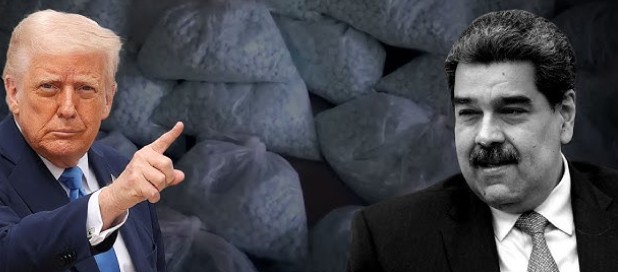Maduro Mobilizes Millions as U.S. Doubles Bounty to $50 Million

Venezuelan President Nicolás Maduro has ordered the nationwide deployment of militia forces, claiming to mobilize over 4.5 million personnel in response to escalating tensions with the United States. The move comes just days after Washington doubled the reward for Maduro’s arrest to $50 million, accusing him of leading a transnational drug trafficking network.
In a televised address Tuesday night, Maduro framed the militia deployment as a defense of national sovereignty and a response to “imperialist aggression.”
“We will not kneel. Venezuela will defend its peace, its independence, and its dignity,” Maduro said, vowing resistance to U.S. pressure.
However, independent estimates suggest the actual number of trained and active militia members is significantly lower than the government’s claim.
U.S. Allegations and Caribbean Standoff
The United States has intensified its pursuit of Maduro, alleging that his administration collaborated with international drug cartels to smuggle cocaine laced with fentanyl into U.S. territory. According to U.S. federal authorities, nearly 30 tons of narcotics tied to Maduro linked networks have been seized in recent months.
In response, the U.S. State Department raised the bounty for Maduro’s capture, labeling him a “narco dictator” responsible for the deliberate poisoning of American communities.
Caracas has rejected the accusations, with Venezuelan Foreign Minister Yván Gil calling the reward increase “a pathetic political stunt” designed to interfere in Venezuela’s internal affairs ahead of its 2025 general elections.
Tensions escalated further after the deployment of Venezuelan forces to the Caribbean coast, coinciding with the arrival of U.S. Navy destroyers in the region. The military presence on both sides has raised fears of a potential standoff, though neither government has signaled imminent conflict.
Background:
Maduro has been under U.S. sanctions and criminal indictments since 2020, when federal prosecutors accused him and senior officials of operating a “narco terrorism” scheme. Despite international pressure and a collapsing economy, he has maintained power, backed by loyalist institutions and regional allies.
